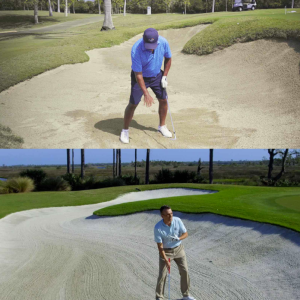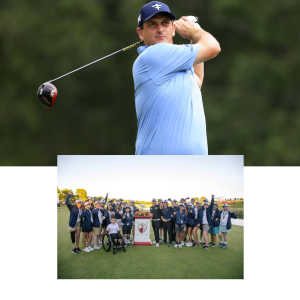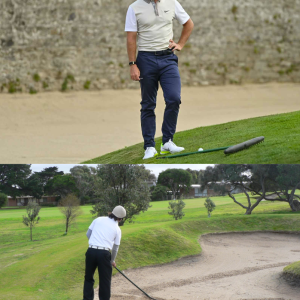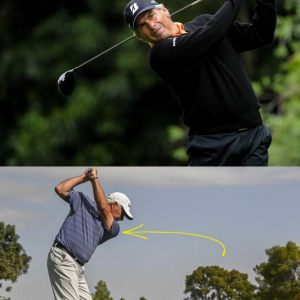The start of the swing can be a confusing topic for golfers, especially players who are just starting out. Unless you have a second set of eyes watching your takeaway, it can be difficult to feel whether you are on or off-plane, and getting a bad start to the swing is a tough thing to overcome on the follow-through.
But GOLF Top 100 Teacher Jason Baile has a foolproof method to train yourself to start your takeaway on plane every time. All you need to do it attach a simple visual cue to your shaft. Check out the details of Baile’s drill below.
Train yourself to make a perfect takeaway every time
In a video posted to Titleist’s YouTube account, Baile explained that the first three feet of your backswing help you lay the foundation for a successful follow-though, and one way to ensure that you are on plane is to affix a simple gear tie (an item you can pick up at your local hardware store) to your shaft. Wrap the tie around the club so that the ends stick out on each side like wings. Baile then demonstrates what to do:
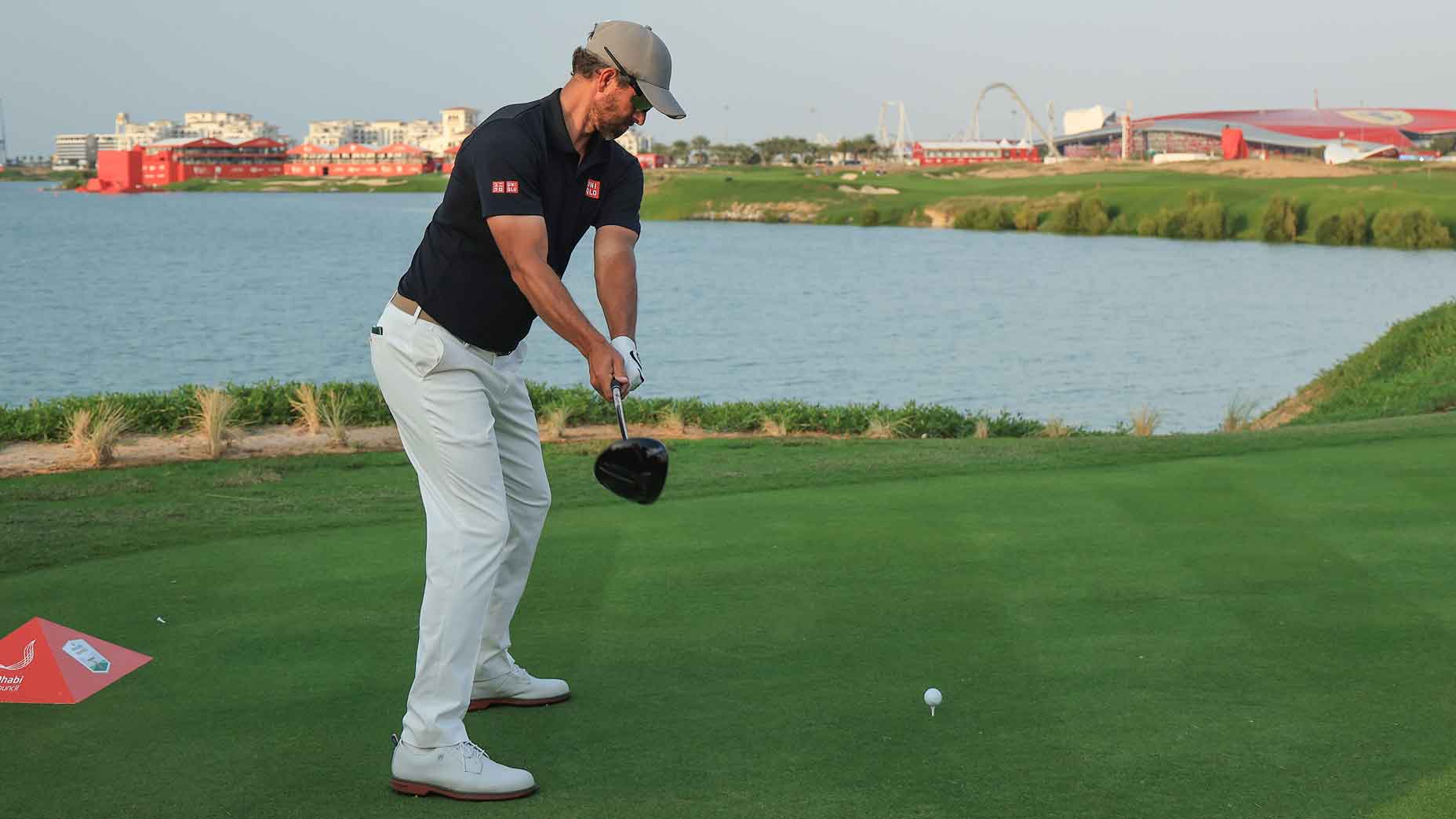
“When I set up here to the golf ball, my tendency is to roll my airplane wings too flat to the ground, getting the club head a little too far behind my hands, the handle a little too far out, which causes me to pick it up and get it across the line too much,” Baile says. “So I like to feel it come back with my hands in, the club head stays outside of my hands. And if you can see those airplane wings pretty much point right back at the target line, creating that nice shaft plane angle, that we set up at address.”
If you can start the club back the way Baile describes above, he says, all you need to do is fold your right arm at the top of the swing, and that will get the club into a good position at the top.
For players who struggle with taking the clubhead back in a shut position, Baile points out that you will notice that the “airplane wings” will be tilted towards the ground or toward the feet. That ultimately results in the need to re-route the club back to an on-plane position before impact — a tough way to achieve a solid strike.
Another feel Baile says you can look to produce as an indication that you’re staying on plane is a “tug” on the shoulder during the backswing.
“I also feel a little tug of my left shoulder, which sets my shoulder plane really nicely as I keep that handle working in and that club head in relation to my hands on the outside,” he says.
Give Baile’s drill a try during your next practice session to make your takeaway the best it can be. And to watch Baile’s tip in its entirety, click here, or check out the video above.


